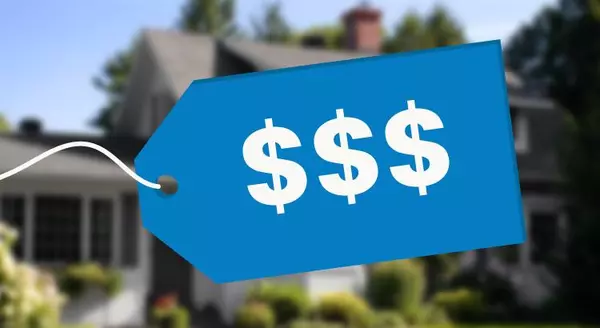What You Need to Know About Title Fraud
Originally posted on 10/09/2020.

Before 2008 title theft was a rare crime. Since then, according to the FBI, title theft is one of the fastest-growing cybercrimes in the US.
What is Title Fraud?
Title Fraud is a sophisticated form of identity theft. It usually occurs in one of two ways. Either when criminals manage to take out a mortgage in your name secured on your property. Or when criminals transfer real estate to themselves and either resell the property or takes out a mortgage in their name.
As a forged document is invalid, a forged deed does not convey ownership. A forged mortgage doesn't obligate the victim to pay. However, the victim's problem is that it is up to them to prove that they did not sign.
Many people do not become aware of the fraud until it is too late, making it even harder and more expensive to fight. When the property is no longer yours, you may not receive any notifications before the sheriff shows up with an eviction notice. When criminals take mortgages in your name, they usually also change your mailing address. This way, you'll most likely not hear from the bank until the loan is many months in arrears.
Who Is At Risk of Title Fraud?
Like any other white-collar crime, this scam is all about the money, whether it is transferring ownership and cashing out by selling or taking out a mortgage in someone else's name. If there is no cash to steal, there is no reason for the crime.
That makes mortgage-free homes particularly useful targets for the criminals. A mortgage-free second home, vacation rental, or investment home, is even better for the criminals. These owners may not pay as much attention to these properties as they do to their primary residence.
What Can I Do to Protect Myself From Title Fraud?
However, you can do something to ensure that you know early on, to be able to take appropriate action:
- Check public records regularly to see if any new deeds or mortgages are being recorded on your property. Look out for any deeds, liens, or mortgages that you did not authorize.
- Make sure you are getting your usual bills such as utility bills, property tax bills, etc. If you suddenly don't get your utility bill, it may be a sign that someone is stealing your identity.
- Check your credit report regularly. If you see credit inquiries that you do not recognize, it may be someone trying to take out a loan in your name.
- Sign up for an identity protection program but make sure it is legitimate. Some of these programs offer to monitor your credit and pay your legal fees if your identity is stolen.
- Check if your local county offers a notification service that will alert you when something is recorded on your property. This way you won't forget to check the records.
What Should I Do if become a Victim of Title Fraud?
The minute you realize there is a problem, you should hire an experienced real estate attorney. If you can find one specializing in helping Title Fraud victims, even better.
Cleaning up after identity theft is difficult and usually very costly for the victim. In the case of Title Fraud, the longer you wait, the more complicated the case may be, and the more expensive it will become for the victim.
The above references an opinion and is for informational purposes only. It is not intended to be financial or legal advice. Consult a financial or legal professional for advice regarding your individual needs.
Sources:
Categories
Recent Posts










GET MORE INFORMATION


